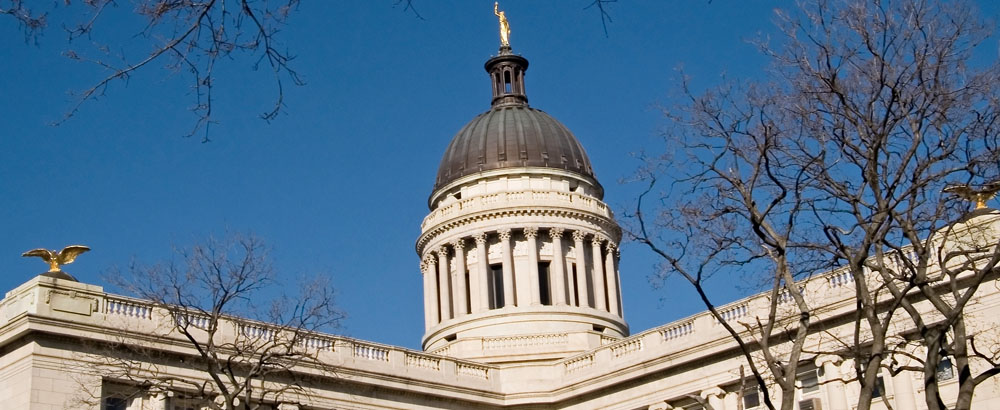When people declare bankruptcy, they are often afraid they will lose everything they have while trying to pay off their debts. However, the fact is that many types of property are exempted from liquidation, meaning you will get to keep a certain amount of money and property no matter what else happens. Here are seven types of property exemptions that exist in federal bankruptcy law:
- Home and shelter
- One commonly cited property exemption in the bankruptcy code allows people to keep a home with less than a certain amount in equity and which is up to date on mortgage payments. Currently the maximum equity you can protect is $27,900 for one debtor. This, combined with entering into what is known as a reaffirmation agreement if you have a mortgage, can allow you to keep your home, even after going through bankruptcy proceedings.
- Clothing and furniture
- You are also allowed to keep a certain amount of clothing and furniture for yourself and your family, as one of your property exemptions. Federal law sets maximums on both the dollar value of each item, as well as the maximum total value of all items under this exemption.
- Motor vehicles
- If you have a motor vehicle worth less than $4,000 in equity, you can keep it even after going bankrupt thanks to this federal property exemption. This protects your vehicle if it is worth less than $4,000, or if you have a loan and have less than $4,000 in equity in the car. This can ensure you are still able to keep your car even once the bankruptcy process is complete.
- Alimony and child support
- Money received as a result of court-ordered alimony or spousal support, as well as any received for child support, is exempt under bankruptcy law. Unlike some other types of property exemptions, this has no maximum dollar amount.
- Tools of the trade
- If you are in an independent trade and require tools to perform that trade, they may be partly exempt under federal bankruptcy law. This type of exemption allows you to keep up to a certain amount of your tools, provided they are necessary for you to do your job and earn a living.
- Retirement and disability benefits
- Any benefits you receive due to your retirement or disability are also covered by property exemptions under federal law. This includes pensions, Social Security benefits, disability, and unemployment.
- “Wild card” exemption
- You are also allotted a certain amount of money for additional miscellaneous property, sometimes referred to as the “wild card” exemption. The “wild card” covers $1,475 plus up to $13,950 that you do not use or need to protect any equity in your home. This protects any type of property you choose, regardless of your reasoning for doing so.
The Law Offices of Hunziker, Jones & Sweeney are experienced in helping families and individuals deal with the devastating effects of financial distress. The attorneys at the firm understand that financial distress is an extremely emotional and difficult time for anyone to go through. If you are experiencing severe financial distress and may be considering bankruptcy as an option, or want to know more about what a bankruptcy filing may do to help you, call The Law Offices of Hunziker, Jones & Sweeney at (973) 256-0456 or fill out our contact form for a consultation.










Your article on property exemptions in bankruptcy law is exceptionally informative and well-written. It simplifies complex legal concepts and provides invaluable guidance. Great job!